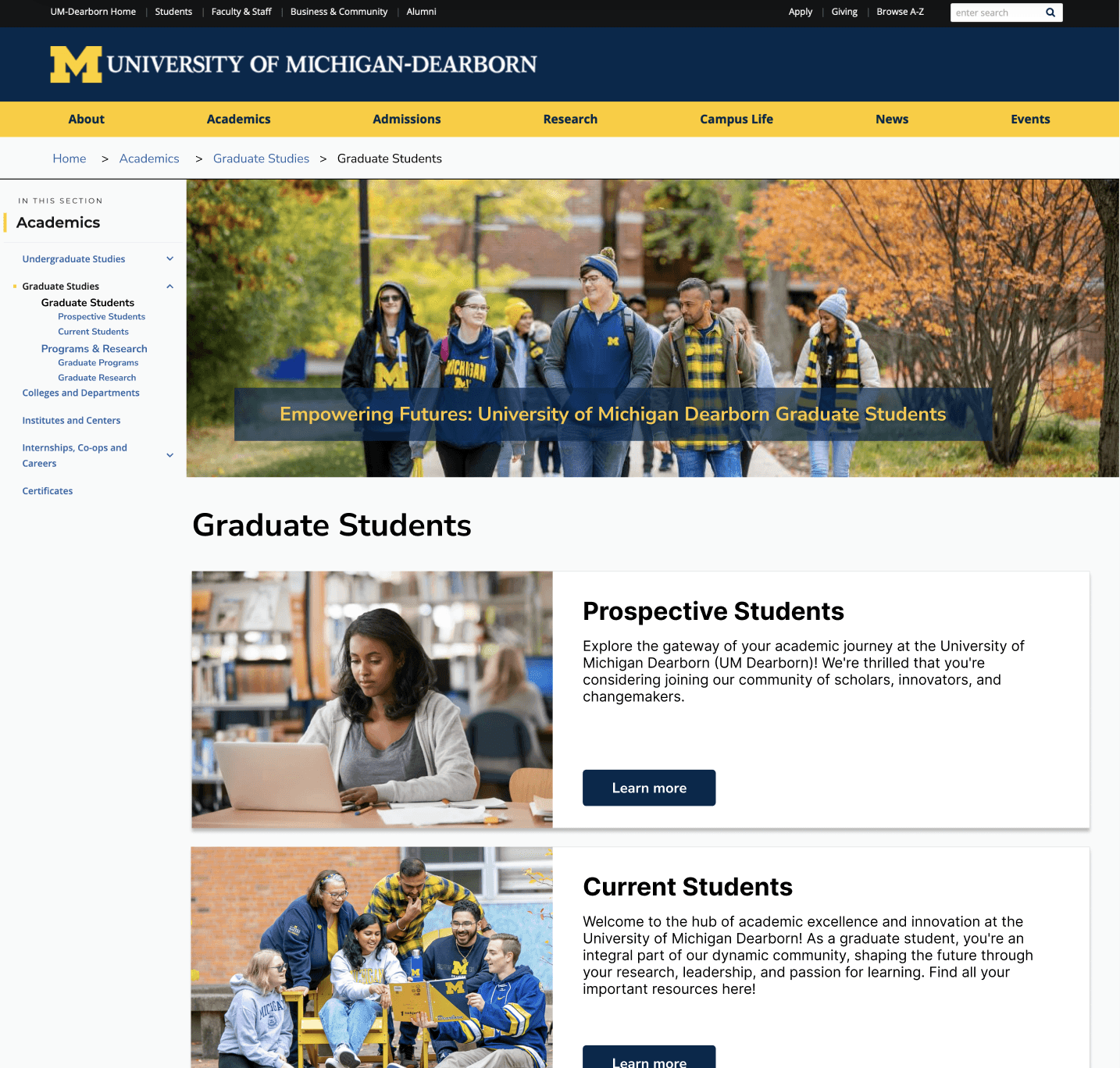Facilitating gold loans through a self serve kiosk
Project Type
Professional project at Rupeek Fintech Pvt Ltd
My Role
UX Researcher and Designer
Methods
Concept testing, field research, semi-structured interviews, wireframing and prototyping, usability testing
Deliverables
Personas, Storyboarding, Usability test reports, Journey mapping, Overall UX research reports
Tools
Figma, Dovetail, Excel, Fullstory, Google meet
Go To Project
